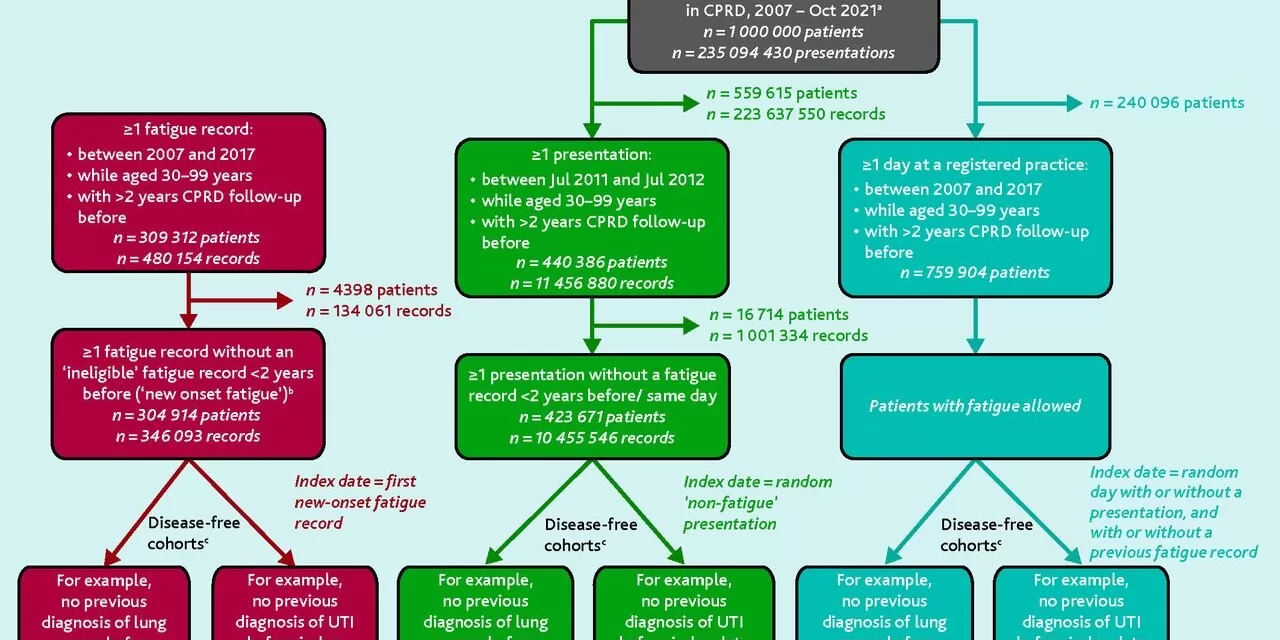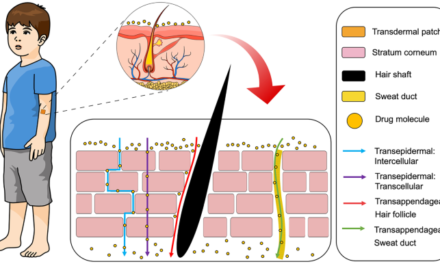Cancer is one of the top four conditions clinicians should consider in older men presenting with new-onset fatigue, according to a groundbreaking study led by UCL researchers and published in the British Journal of General Practice.
The research, which analyzed the health records of more than 250,000 patients in England, aimed to uncover the most common conditions diagnosed in individuals who reported fatigue to their general practitioners (GPs). The study compared outcomes between patients who presented with tiredness and those who did not.
The findings revealed a striking trend: cancer posed the fourth-highest excess risk in men aged 80 reporting fatigue compared with men of the same age without fatigue. In contrast, cancer ranked only 13th for women of the same age group.
A Gender-Specific Risk
Lead author Dr. Becky White, from the UCL Institute of Epidemiology & Health Care, emphasized the importance of these findings. “Tiredness is a common symptom that many people discuss with their doctor, and it can be difficult for GPs to determine which conditions to investigate first. Although rare, life-threatening diseases like cancer can sometimes be the cause,” she explained.
The study’s gendered findings are particularly noteworthy. “We found that cancer should be considered in men aged 70 and over who present with fatigue, but not in women at any age, if based solely on the presence of tiredness,” said Dr. White.
A New Tool for GPs
The comprehensive research provides GPs with critical data to guide diagnostic decisions. “By ranking which diseases are most likely, we can help GPs prioritize testing and identify other key areas to question the patient about,” Dr. White added.
In addition to cancer, conditions such as depression, respiratory tract infections, and sleep disorders were strongly associated with fatigue. For women, thyroid issues—both over-active and under-active—were identified as significant contributors.
Improving Diagnosis for an Overlooked Symptom
The study sheds light on fatigue as a symptom that, while seemingly benign, may indicate serious underlying conditions. Researchers hope these findings will refine diagnostic guidelines and improve patient outcomes by allowing doctors to better tailor their investigations based on a patient’s age and sex.
Claire Knight, Senior Health Information Manager at Cancer Research UK, echoed the importance of early diagnosis. “There are over 200 types of cancer, and many symptoms, like fatigue, can be general and non-specific,” she noted. “It’s crucial to seek medical advice if you notice something unusual that isn’t going away. While it likely won’t be cancer, catching it early makes treatment more effective.”
Knight added, “You know your body best—don’t dismiss persistent symptoms as part of aging.”
A Comprehensive Approach
The research underscores the importance of understanding patient demographics when diagnosing conditions linked to fatigue. With clear, data-driven recommendations, the study aims to support GPs in identifying diseases early and efficiently.
The full findings can be accessed in the British Journal of General Practice:
Becky White et al, Underlying disease risk among patients with fatigue: a population-based cohort study in primary care (2024).
Key Takeaways:
- Cancer is among the top four conditions linked to fatigue in older men.
- GPs are advised to consider investigating cancer in men aged 70 and older presenting with fatigue.
- The study highlights the role of age and sex in determining diagnostic priorities.
- Early diagnosis remains key to effective treatment and better patient outcomes.











